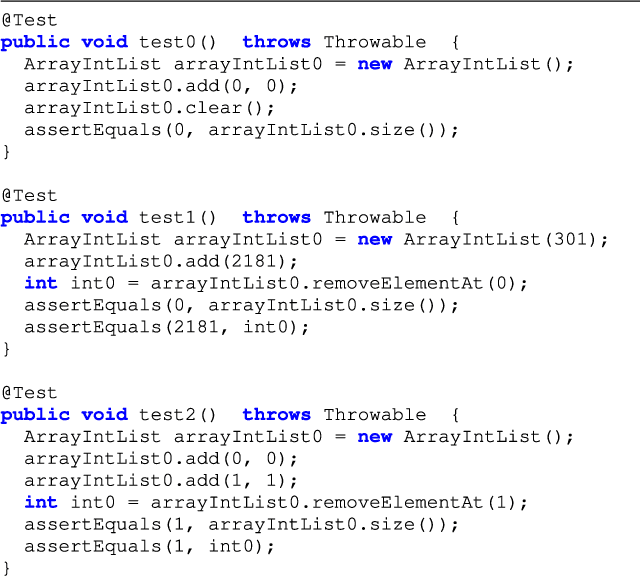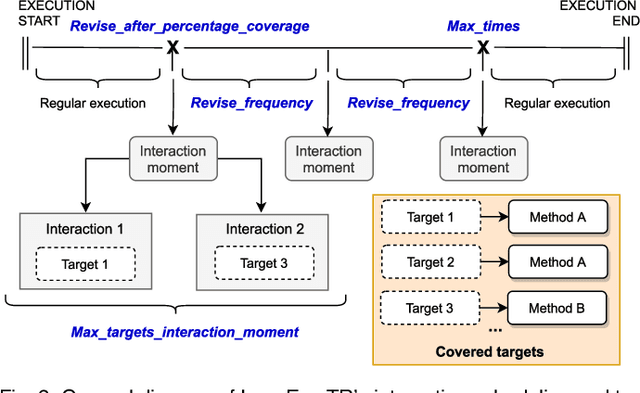Inmaculada Medina-Bulo
A microservice architecture for real-time IoT data processing: A reusable Web of things approach for smart ports
Jan 27, 2024Abstract:Major advances in telecommunications and the Internet of Things have given rise to numerous smart city scenarios in which smart services are provided. What was once a dream for the future has now become reality. However, the need to provide these smart services quickly, efficiently, in an interoperable manner and in real time is a cutting-edge technological challenge. Although some software architectures offer solutions in this area, these are often limited in terms of reusability and maintenance by independent modules, involving the need for system downtime when maintaining or evolving, as well as by a lack of standards in terms of the interoperability of their interface. In this paper, we propose a fully reusable microservice architecture, standardized through the use of the Web of things paradigm, and with high efficiency in real-time data processing, supported by complex event processing techniques. To illustrate the proposal, we present a fully reusable implementation of the microservices necessary for the deployment of the architecture in the field of air quality monitoring and alerting in smart ports. The performance evaluation of this architecture shows excellent results.
InterEvo-TR: Interactive Evolutionary Test Generation With Readability Assessment
Jan 13, 2024



Abstract:Automated test case generation has proven to be useful to reduce the usually high expenses of software testing. However, several studies have also noted the skepticism of testers regarding the comprehension of generated test suites when compared to manually designed ones. This fact suggests that involving testers in the test generation process could be helpful to increase their acceptance of automatically-produced test suites. In this paper, we propose incorporating interactive readability assessments made by a tester into EvoSuite, a widely-known evolutionary test generation tool. Our approach, InterEvo-TR, interacts with the tester at different moments during the search and shows different test cases covering the same coverage target for their subjective evaluation. The design of such an interactive approach involves a schedule of interaction, a method to diversify the selected targets, a plan to save and handle the readability values, and some mechanisms to customize the level of engagement in the revision, among other aspects. To analyze the potential and practicability of our proposal, we conduct a controlled experiment in which 39 participants, including academics, professional developers, and student collaborators, interact with InterEvo-TR. Our results show that the strategy to select and present intermediate results is effective for the purpose of readability assessment. Furthermore, the participants' actions and responses to a questionnaire allowed us to analyze the aspects influencing test code readability and the benefits and limitations of an interactive approach in the context of test case generation, paving the way for future developments based on interactivity.
* 17 pages, 10 figures, 5 tables, journal paper
 Add to Chrome
Add to Chrome Add to Firefox
Add to Firefox Add to Edge
Add to Edge